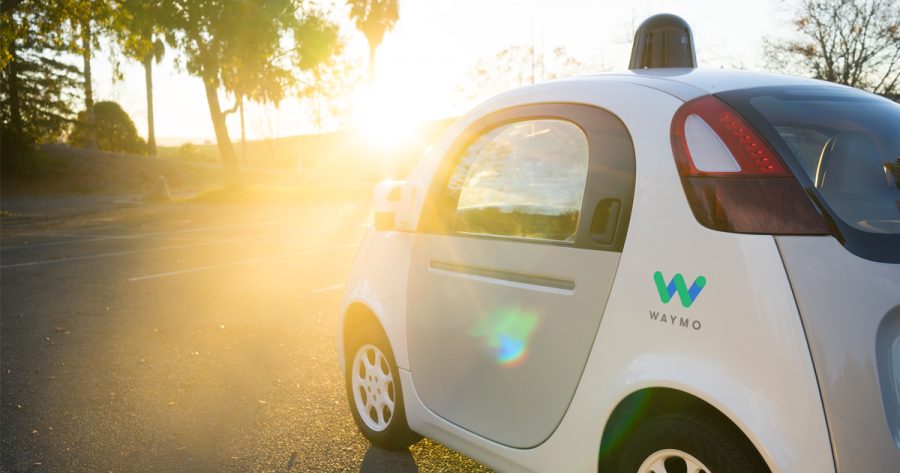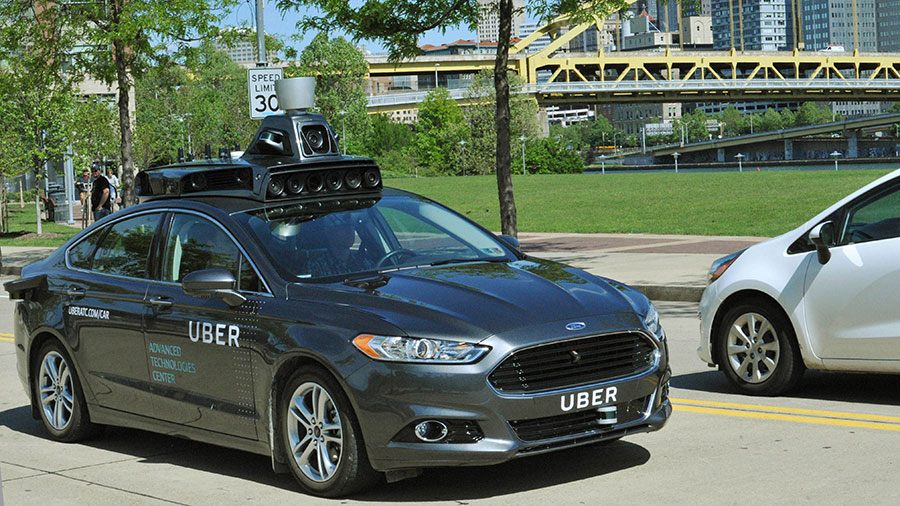The worldwide transportation network Uber has stated this Friday that they did not steal any technology from Waymo, a parent company of Google. Waymo specializes on car developing systems. Waymo is accusing Google of using their driverless car technologies obtained from an ex-Google employee that is now working in Uber.
According to official declarations from Uber, the company started to develop its driverless car mechanisms from before Antony Levandowski, the former Google employee who now works for Uber, began working with them.


Waymo’s allegation and Uber’s response
Levandowski and Uber stole the element Waymo claims is called lidar. Lidar is a component used for light detection and ranging sensor procedures, and it’s what it helps a driverless vehicle to navigate efficiently. However, Uber has stated that its lidar is considerably different when compared to Waymo’s since Uber’s is composed of four distinct light detection lenses and the “stolen” one only has one lens.
Uber’s argumentation comes when responding the motion filed by Waymo in which the company asked for the complete halt of Uber work regarding driverless car technologies through an injunction. The argument that Waymo has used is that Levandowski worked along with Uber for him to stole more than 14,000 files that belonged to Waymo when he was working with Google.
Mr. Levandowski publicly started a self-driving truck company called Otto, and Waymo states that he only was able to do that using the stolen files. Otto was sold to Uber last August for almost $700 million.
Uber also stated that there was not justification for the injunction since there was no urgency from Waymo at the moment of filing the motion. Allegedly, Waymo found out about their stolen files in October but did not file any lawsuit until March.
“Waymo’s injunction motion is a misfire,” Angela Padilla, Uber’s associate general counsel, said in a statement. “If Waymo genuinely thought that Uber was using its secrets, it would not have waited more than five months to seek an injunction. Waymo doesn’t meet the high bar for an injunction, which would stifle our independent innovation — probably Waymo’s goal in the first place.”
The initial lawsuit against Uber consisted on Waymo claiming similarities in both lidar designs, also considering that the documents that Levandowski allegedly stole contained the Waymo’s design. Uber later argued that this was unsupported since both designs were different and did not had “a striking resemblance.”
Judge William Alsup in United States District Court in San Francisco stated earlier this week that given the fact that neither Uber nor Levandowski have denied that the documents were stolen and considering that the fact that the papers had not been found under Uber’s possession were not enough evidence, to avoid the injunction was very unlikely.
“Uber’s assertion that they’ve never touched the 14,000 stolen files is disingenuous at best, given their refusal to look in the most obvious place: the computers and devices owned by the head of their self-driving program,” Johnny Luu, a Waymo spokesman, said in a statement.
Levandowski is not cooperating with Uber
The team in charge of defending Uber in court has stated that to this date they have not been able to find any evidence that proves that they do not have the Waymo’s files under they possession. In addition to that, there is another complication: Mr. Levandowski is not cooperating with Uber’s lawyers in the document-search procedure.
Mr. Levandowski has invoked the Fifth Amendment against self-incrimination. His attorney later said that Levandowski did that since there was a potential for criminal action. Uber officials have stated that they do not understand Mr. Levandowski actions since he is not even a defendant in the lawsuit, and therefore the pledging for the Fifth Amendment seems illogical.
In another subject, Waymo is conducting a different lawsuit against Levandowski and the other founder of Otto, Lior Ron. The accusation has to do with the fact they started building a company that would compete with Google while they still worked there.
Possible outcome and consequences
A temporary injunction granted to Uber would translate into a total stagnation when it comes to self-driving technologies. This would damage the company significantly since its executives have oriented their efforts to catch up other enterprises like Waymo which are working in that particular technologic field efficiently.
Several technology-specialized companies like Apple and Google are investing considerable amounts of resources toward the developing of driverless mechanism to be used in the short future. Meanwhile, more traditional businesses in the automaking business are trying to snap some talents in the field in order to prevent technology businesses to stabilize in their long-lasting turf.
Source: NY Times

